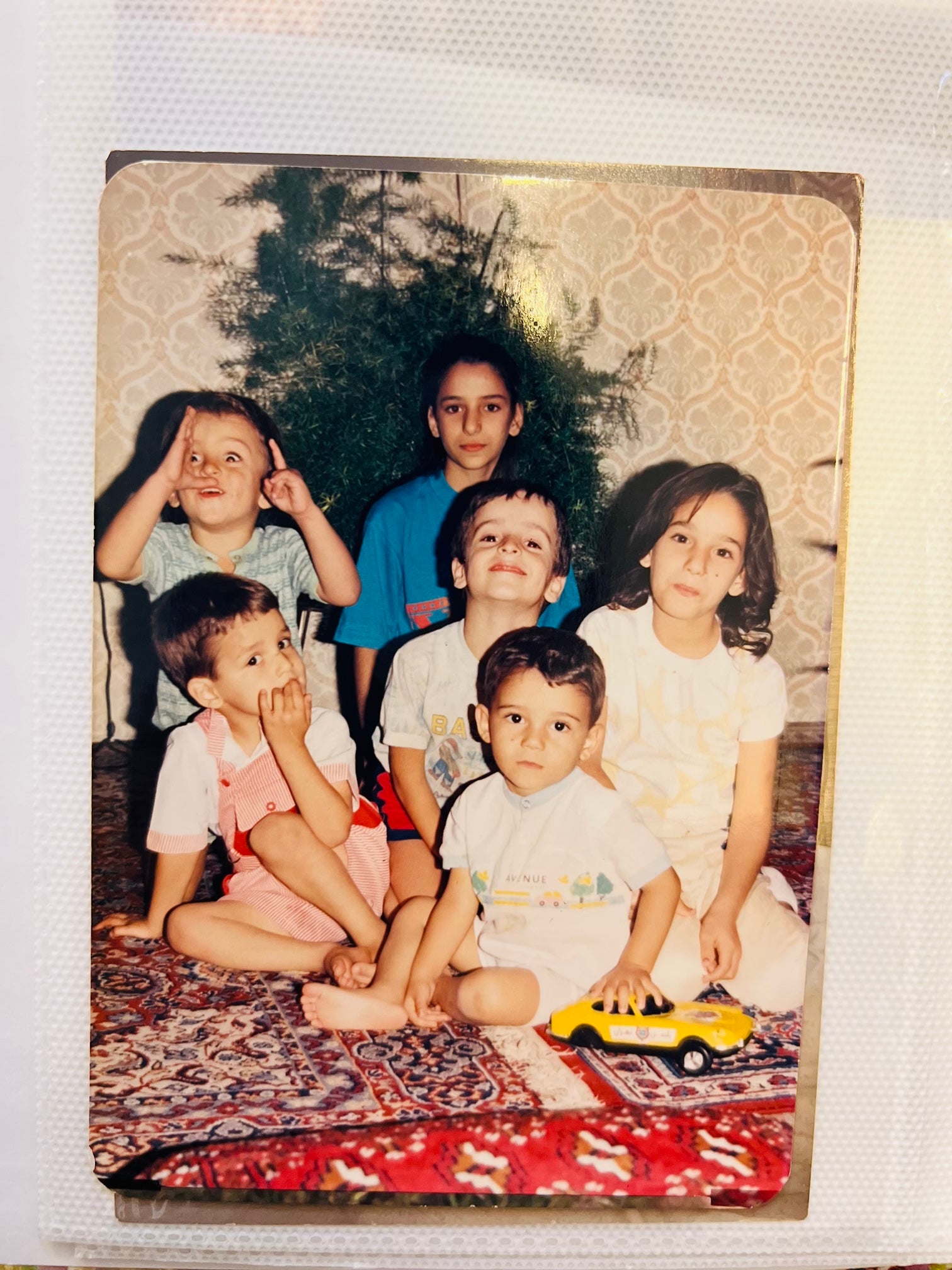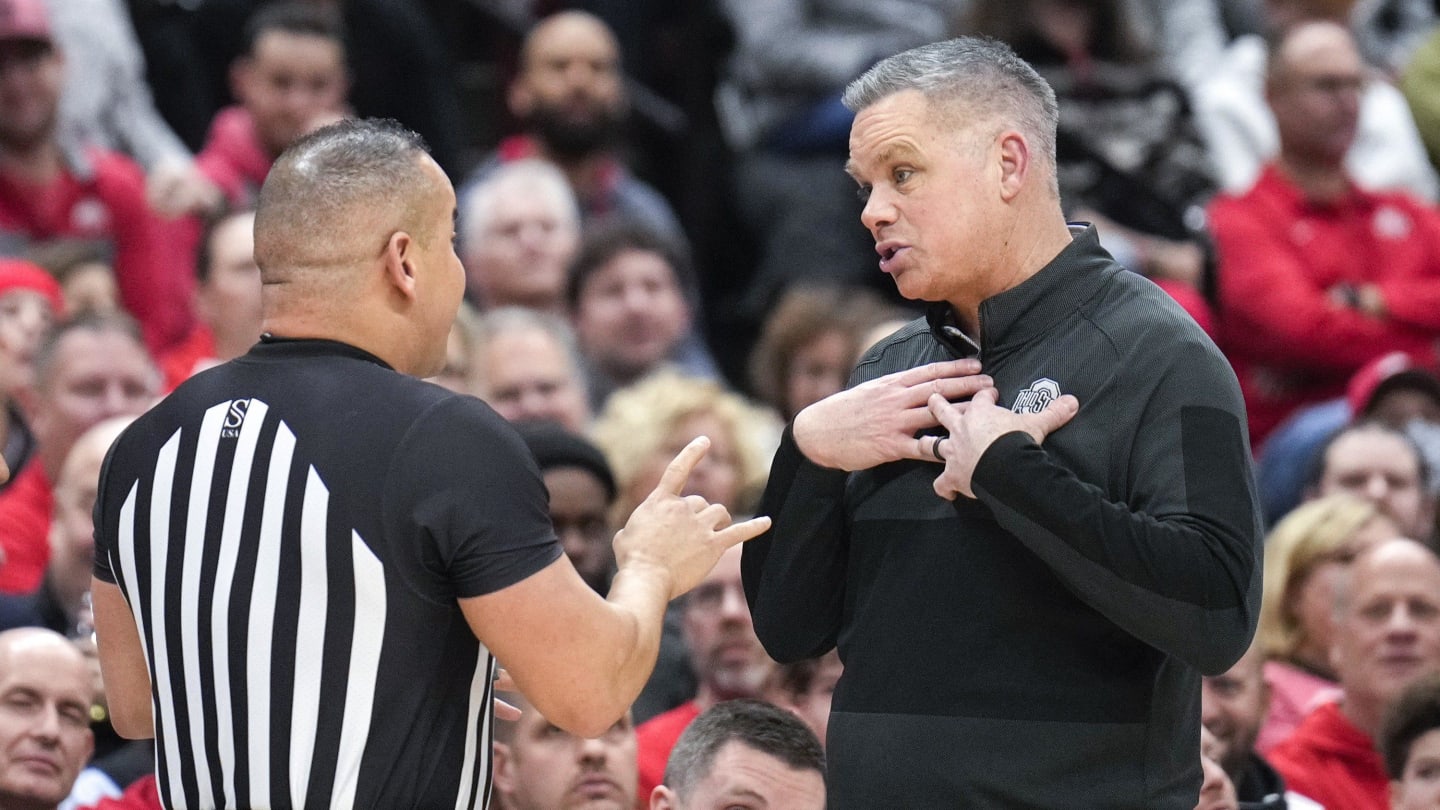World Refugee Day: Iranian singer Shab talks about escape, oppression and her hopes for the future

World Refugee Day remembers refugees around the world and celebrates the strength and courage of those forced to leave their home countries to escape conflict or persecution.
The aim of the event, which takes place every year on June 20, is to raise awareness of refugee rights and encourage governments to provide refugees with better resources to help them feel comfortable in their new communities.
On the occasion of World Refugee Day 2024, Iranian pop singer Shab reflected on her own journey, from fleeing Iran to Germany to the United States, where she learned English as a teenager while working three different jobs.
After graduating from university, she decided to pursue a music career and has since released a number of singles while also using her platform to advocate for women’s rights in Iran.
What does World Refugee Day mean to you?
For me, it is a reminder of the blessing I have received in being able to escape my birth country and enjoy the freedoms and rights we have in the West. Many of my relatives have not been able to leave Iran – and they will tell you frankly that ordinary people there are restricted in their thoughts and actions.
Worse still, my family became a target of the Shah’s regime, as my father was considered part of the Shah’s oil administration. Two of my brothers were kidnapped for long periods of time until they were paid ransom. And barely a month went by without someone shooting at our house from a passing car. Iran had become a terrifying place for my family, and my mother was determined to get us out of this hellhole.
Most people in the West have no idea what it means to be denied basic human freedoms, let alone the rule of law. So World Refugee Day always fills me with gratitude that I live in America – a nation that, while it has its flaws, still offers equality before the law and allows people to be who and what they really are.

You fled Iran with your family when you were just eight years old. Do you remember anything from that time?
I remember that time well. Almost every day I cried to my mother about why I had to wear a headscarf and cover my hair. I couldn’t understand why I was only allowed to leave the house accompanied by one of my brothers. I was horrified by the treatment of my sisters by the vice squad, who beat and attacked women who violated their strange moral code.
What did it mean to be a refugee in America? What were your experiences?
Frankly, my first few years in America were incredibly difficult. I arrived at JFK airport in New York, traveling alone, speaking no English, and carrying all my worldly possessions in a single suitcase. The kids at my school teased me for not knowing the language, and I learned the language mostly by working three different part-time jobs outside of school. It was also a time of heightened tension between Iran and the United States—and I was endlessly mocked and teased by my classmates and others for the actions of a “gangster regime” in Tehran that my family detested.
Enjoy unlimited access to 70 million ad-free songs and podcasts with Amazon Music
Test it 30 days for free
Log in
Enjoy unlimited access to 70 million ad-free songs and podcasts with Amazon Music
Test it 30 days for free
Log in

How do you feel about your refugee status today?
My family’s story is something like the American dream. My mother came to America as a widow with 13 children to feed, clothe and house. And everyone in my family has found their own way in America over the years and become successful entrepreneurs.
My own life is so magical today that it is sometimes hard to realize how much life has improved since we were able to escape Iran. And my story shows that you don’t have to let persecution and kleptocratic experiences dictate the rest of your life.
The situation has improved slightly following the unrest of the past two years. To ensure the survival of the government, the confused old men at the helm of the government decided to give women a little more freedom. But by Western standards, these relaxations are just a drop in the ocean, because Iran is still a country where women can be beaten, imprisoned and even murdered for expressing their femininity.
Do you have hope for the future of your country and if so, what experiences have inspired you?
We often forget that hope is one of the greatest things in life. As long as the people of Iran understand that their cause has not been abandoned by the West, there will always be hope among them.
Persians are naturally cheerful, resilient and strong. But regime change will only happen when millions of my Persian brothers and sisters decide that it is better to risk their lives than to be controlled by these self-proclaimed holy men who only care about maintaining their rule and enjoying the benefits of their power.
And it is my greatest hope for my country of birth to be able to perform in Azadi Square, celebrating with hundreds of thousands of my fellow Persians and dancing on the grave of a defeated authoritarian and misogynistic regime.




